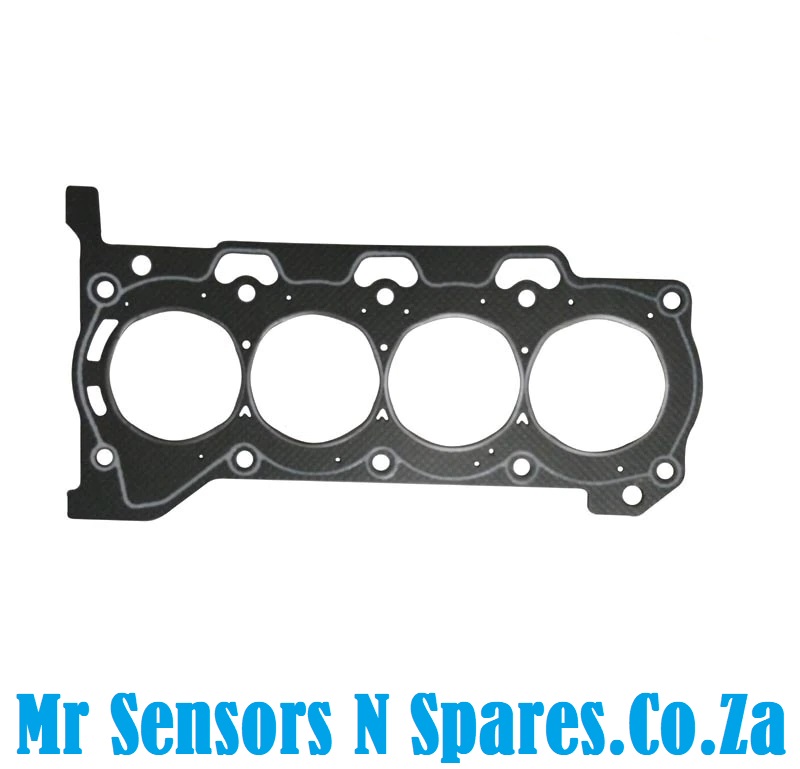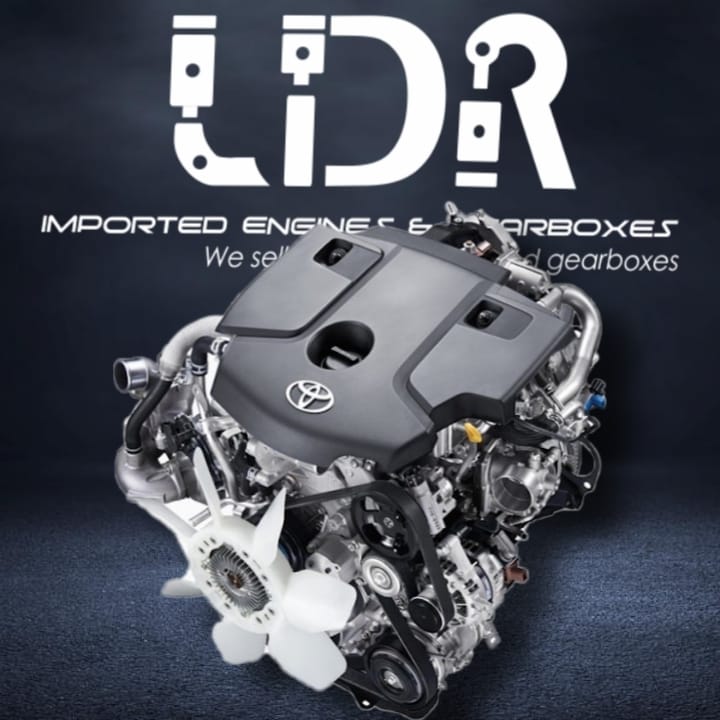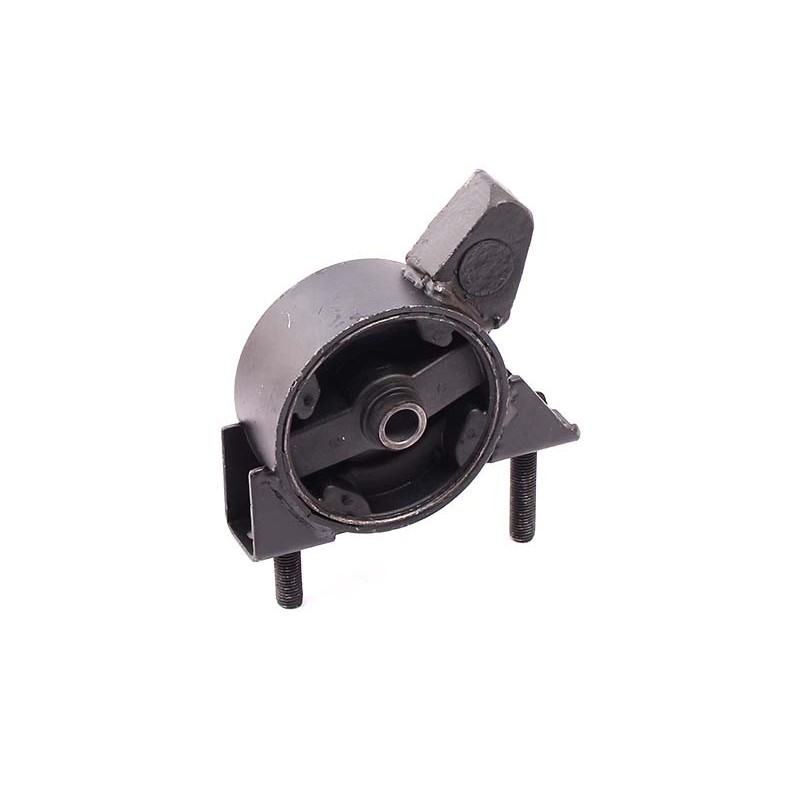Toyota Tazz: A Smart Investment for Those Seeking Low-Cost Maintenance
Check Out the Most Current Patterns in Engine Technology Via Tazz
In the rapidly evolving landscape of auto innovation, Tazz stands at the leading edge, highlighting considerable improvements in engine systems that prioritize both technology and sustainability. tazz. From hybrid engines that enhance gas performance to the introduction of hydrogen fuel cells, the trends shaping modern powertrains are not just enhancing efficiency yet additionally resolving critical ecological difficulties. As the sector continues to press boundaries, it is important to consider exactly how these developments will influence future transport options and the broader effects for international energy usage. What exists ahead in this pivotal makeover?
Crossbreed Engine Innovations
Crossbreed engine advancements stand for a pivotal shift in automotive innovation, integrating the benefits of internal combustion engines with electrical propulsion systems. This combination not only improves fuel effectiveness however likewise lowers emissions, meeting significantly rigorous environmental guidelines. By utilizing both energy resources, hybrid engines can maximize efficiency, delivering power when needed while saving gas during less demanding motoring conditions.
Current innovations in hybrid innovation include renovations in battery performance and regenerative braking systems. These advancements permit greater energy recuperation throughout deceleration, which can be redirected to help in velocity or power accessory systems. Moreover, producers are concentrating on lightweight materials and portable designs to maximize the performance of crossbreed powertrains.
The development of plug-in hybrids has additionally expanded the market, enabling vehicle drivers to bill their vehicles using basic electric outlets. This feature frequently permits for considerable all-electric range, more lowering dependence on standard fuels. tazz. As the automotive market remains to develop, hybrid engine modern technologies are expected to play a crucial role in linking the gap in between standard cars and totally electric designs, offering a transitional solution that caters to diverse consumer demands and preferences
Advances in Electric Powertrains
The vehicle landscape is swiftly progressing, with electrical powertrains arising as a leading pressure in lasting transport. Advances in electrical vehicle (EV) technology are dramatically improving efficiency, customer, and efficiency experience. Trick developments consist of enhancements in battery chemistry, which have actually increased power density, minimized charging times, and extended total battery life.
Solid-state batteries, as an example, guarantee to reinvent the market by offering higher security and effectiveness compared to standard lithium-ion cells. Innovations in regenerative stopping systems are making it possible for cars to recuperate power throughout deceleration, contributing to total efficiency.
In enhancement to battery modern technology, electric motor designs are becoming more advanced. Technologies such as integrated motors and advanced thermal administration systems are aiding to enhance power shipment and minimize weight, ultimately boosting vehicle characteristics.

Collectively, these advancements highlight the commitment to change in the direction of cleaner, extra reliable transportation services, placing electric powertrains at the center of automotive development.
The Surge of Hydrogen Gas Cells
Increasingly, hydrogen gas cells are acquiring traction as a viable choice to traditional interior combustion engines and battery electrical cars. This innovation takes advantage of the chemical energy saved in hydrogen, converting it right into power with an electrochemical response with oxygen. The main by-product of this process is water, making hydrogen fuel cells an environmentally pleasant alternative with zero emissions at the tailpipe.

Automakers are significantly buying hydrogen fuel cell technology, acknowledging its potential for long-range applications and fast refueling capabilities that rival conventional gas. Furthermore, sectors such as sturdy transport and public transit are specifically fit for hydrogen fuel cells, where battery electric remedies might fall short as a result of weight and array constraints.
As study and financial investment remain to increase, hydrogen fuel cells are positioned to play a significant function in the future landscape of tidy transport and power solutions.
Enhancements in Internal Combustion Engines
Technologies in inner combustion engine (ICE) innovation are transforming typical vehicles to meet modern-day ecological requirements and performance expectations. Among one of the most substantial improvements includes the assimilation of sophisticated fuel injection systems. These systems maximize the air-fuel mixture, improving burning performance and resulting in lowered discharges. Straight fuel injection, for instance, permits far better atomization of fuel, leading to more complete burning and enhanced power outcome.
Furthermore, turbocharging has actually gotten prominence, enabling smaller sized engines to deliver greater performance without the weight of bigger engines - Related Site tazz. This innovation not only enhances efficiency but also adds to reduce gas consumption. Variable shutoff timing systems are also being fine-tuned, making it possible for engines to adjust to numerous driving conditions for improved torque and responsiveness
Moreover, making use of light-weight materials in engine building and construction is coming to be standard, additional boosting gas performance by lowering general vehicle weight. Engine control systems (ECUs) are progressively innovative, enabling real-time modifications that maximize performance and discharges.
These improvements jointly symbolize a crucial shift in ICE modern technology, straightening with global sustainability objectives while still supplying the performance vehicle drivers expect from their automobiles. As the industry advances, these enhancements continue to form the future of standard vehicle design.
Future Fads in Engine Performance
Substantial advancements in engine efficiency are anticipated as makers concentrate on incorporating advanced technologies to meet strict ecological laws and consumer needs. The change in the direction of electrification, crossbreed systems, and different gas is reshaping the automotive landscape, driving technologies that enhance fuel economy and reduce exhausts.
One of the key patterns is the execution of sophisticated materials and manufacturing strategies. Light-weight composites and high-strength alloys add to reduced car weight, therefore improving total effectiveness. Additionally, the fostering of turbocharging and variable valve timing innovations permits for improved power outcome from smaller sized engines, additionally boosting gas economy.

Final Thought
Finally, the exploration of engine innovation reveals considerable developments that prioritize sustainability and effectiveness. Developments in hybrid engine systems, electrical powertrains, and hydrogen fuel cells demonstrate a dedication to reducing discharges while boosting efficiency. Additionally, improvements in interior burning engines and an emphasis on light-weight materials add to general engine performance. As the automobile sector continues to advance, these patterns will play a critical function in forming a cleaner and even more lasting future for transportation.
From hybrid engines that maximize fuel efficiency to the introduction of hydrogen fuel cells, the trends shaping contemporary powertrains are not just boosting performance but likewise dealing with vital environmental challenges.Hybrid engine developments represent a critical shift in vehicle modern technology, incorporating the advantages of inner burning engines with electric propulsion systems.Additionally, turbocharging has content acquired prominence, allowing smaller engines to supply greater efficiency without the weight of larger engines. Additionally, the fostering of turbocharging and variable valve timing innovations enables for improved power result from smaller sized engines, additionally improving gas economic climate.
Improvements in inner combustion engines and a focus on light-weight materials contribute to overall engine effectiveness.